Johannes Bernhardt (Badisches Landesmuseum)
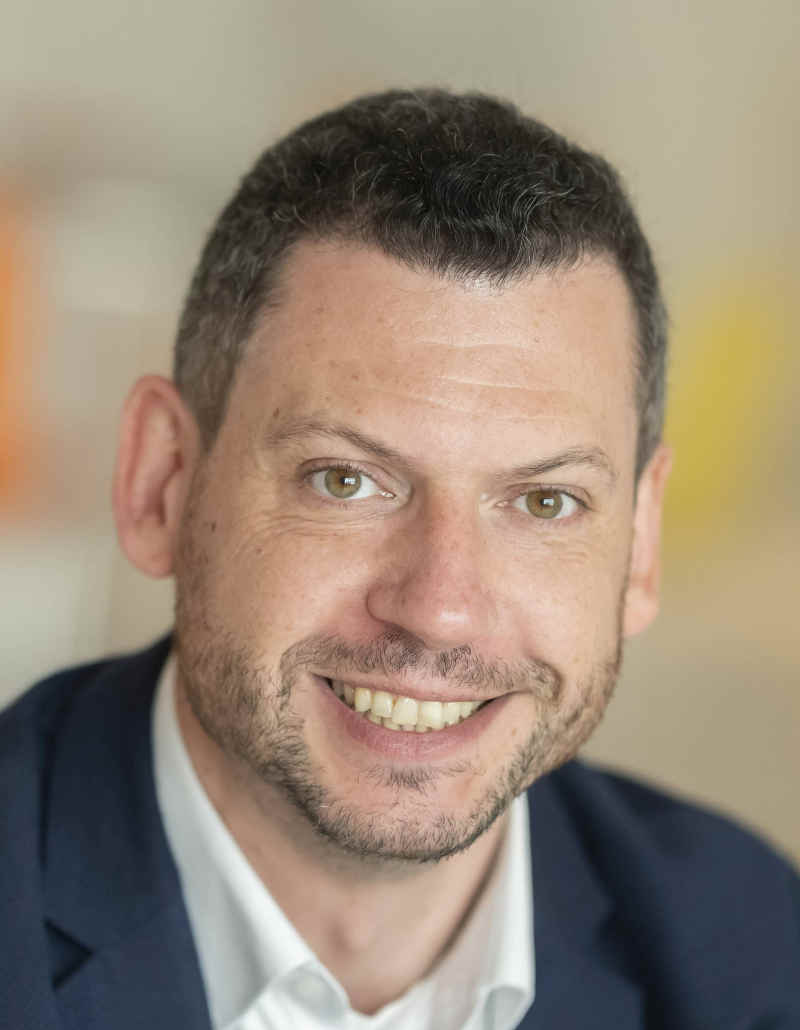
Dr. Johannes C. Bernhardt studierte 1999-2005 Alte Geschichte, Neuere und Neueste Geschichte und Klassische Archäologie in Freiburg;
Förderung durch die Studienstiftung und Auslandsjahr an der Sorbonne. 2006 Promotionsstipendium der Studienstiftung und Forschungsaufenthalt in Berkeley;
2012 Promotion in Freiburg, ausgezeichnet von der Stiftung Humanismus Heute und der Heidelberger Akademie. 2007-2010 Assistent in Freiburg, 2011-2014 in Mannheim,
2015 2016 Postdoc am Zentrum für Mittelmeerstudien in Bochum. Seit Studienbeginn Projekte zur Digitalisierung in der Forschung und großes Interesse an digitalen Möglichkeiten in der Lehre.
2017 Wechsel ans Badische Landesmuseum zur Entwicklung eines Digitalisierungskonzepts für die Sammlung Friedrich Creuzer.
Seit 2018 Leitung des Projekts Creative Collections zur partizipativen Entwicklung digitaler Konzepte.
museum x - Digitale Wege ins Museum
The Badisches Landesmuseum is pursuing a new museum concept which aims to redefine visitors as active users.
In summer 2019, the first redesigned exhibition opened as a test area.
With an online catalogue, user card and personalised user account as well as AR and VR applications, it opens a direct path to the physical contact with the museum objects.
In the Creative Collection project, we also began a dialogue with the museum's users and set up an open space in the middle of the city for the creative exchange with everyone interested: the museum x.
At the moment, the focus there is on questions of gaming in talks, workshops and a hackathon (www. hackathonx.de), and new digital paths to the museum are being developed with the participation of the public.
It is therefore a great opportunity to give an insight into these ongoing developments and to exchange ideas with gaming professionals.
Heike Braakhuis (Xsens)
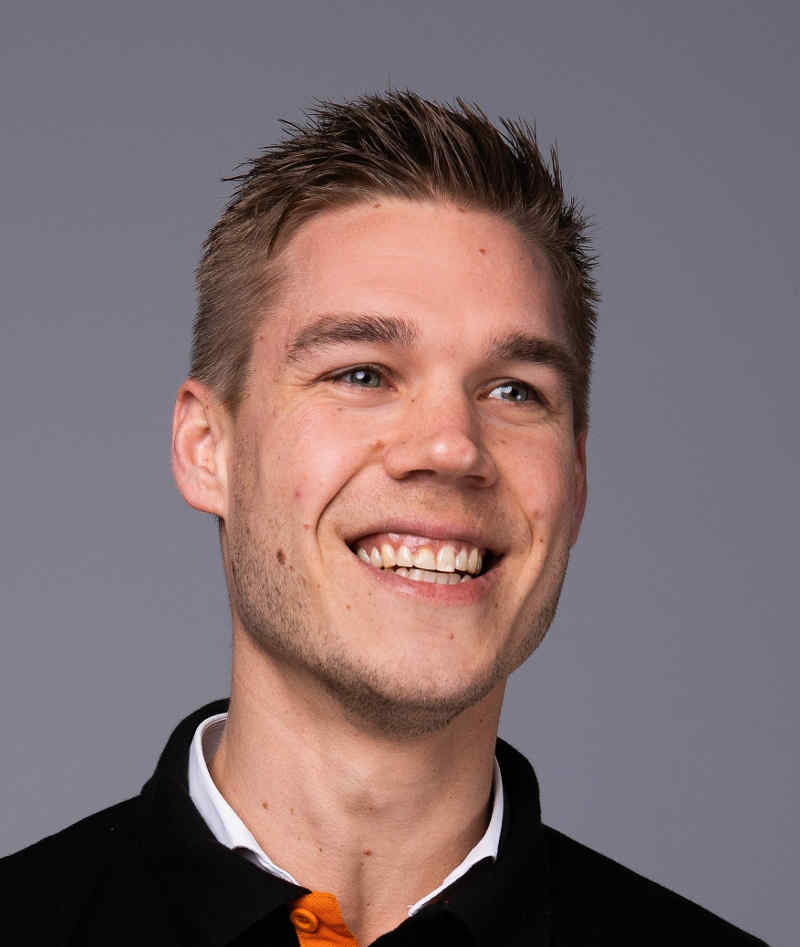
Introduction to Mocap Workshops
How to generate production-grade motion capture data in 60-minutes: Together with the Xsens Character Animation Team you'll be able to test the Technology in the form of a workshop.
We will support you on the following topics to ensure your group generates production-grade Mocap data: Getting started, Hardware, Software, generate your own Xsens Mocap data, Test Xsens Mocap data in your pipeline.
Please register here for one of the timeslots.
Constanze Bühner (Filmakademie)
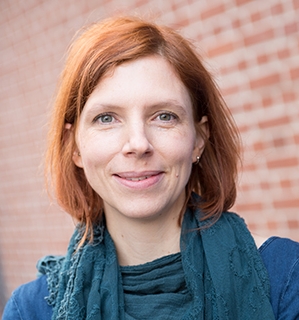
Constanze has been working at Filmakademie's Animationsinstitut since 2005. First she coordinated the FMX Conference program, for the last 5 years she has been coordinating the curriculum.
Before coming to Filmakademie, Constanze studied Language&Culture Mediation and IT Product Design in Denmark and France.
From Sandbox to Superhero: AniTrailer/AniPlay at Filmakademie's Animationsinstitut
All students of Animationsinstitut begin their 3rd year of studies with a cross-institutional semester project called AniTrailer/AniPlay.
They produce trailers (AniTrailer) as well as interactive media installations, live interactions, or VR and AR applications (AniPlay).
In joint workshops, students develop their initial ideas, and work in interdisciplinary teams.
Mentors supervise the projects conceptually, technically, and during implementation. Focus is furthermore on team dynamics, roles in a team, and on handling challenging situations.
In this talk we will showcase some of the works that have been realized over the course of the last 3 years, address challenges we encountered both from a staff and student perspective as well as the benefits of the program.
Daniel Classen (LightShape)
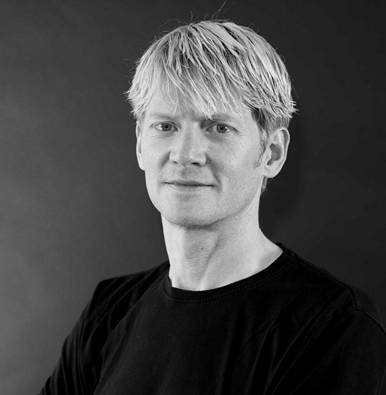
Daniel Classen studien Architecture and got incontact with the 3D world in 1998. For five years he worked in the field of 3D content creation and animation.
In 2007 he foundend the company Lightshape.
His fields of activity are CGI image and animation, interactive applications AR/VR, workflows, development of a Windows software for controlling large VR systems, Start of the event XR-Expo 2017,
Research project: ExoHaptik:PflegeKraft and a federally funded research project to train relatives and nurses in vr
Holodecks for professionals
From physical models to virtual workflows: how do we digitize for XR, where can XR be used in a professional environment,
what could be the requirements for professional holodecks and what are usecases for professional holodecks?
Tamara Makana Chock (Syracuse University)
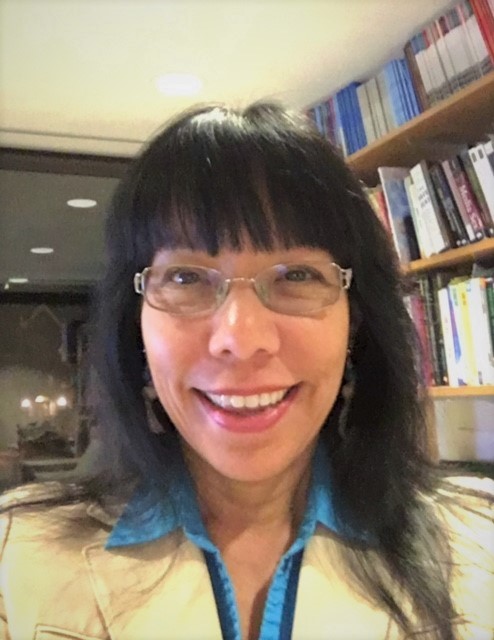
Prof. T. Makana Chock, Ph.D. (Cornell) is the David J. Levidow Research Professor at the S. I. Newhouse School of Public Communications at Syracuse University.
She conducts research in media psychology and is studying the ways that people respond to mass, social, and extended reality media.
She is currently conducting research examining the effects of virtual reality narratives on users.
She is also using virtual environments to examine the ways that users' stereotypes and cognitive biases impact memory and behaviors in VR.
Psychology of Virtual Reality
How can VR stories affect users? A look at some of the psychological and social factors that can influence the peoples memory and attention in VR environments.
Anthony Devlin (Xsens)
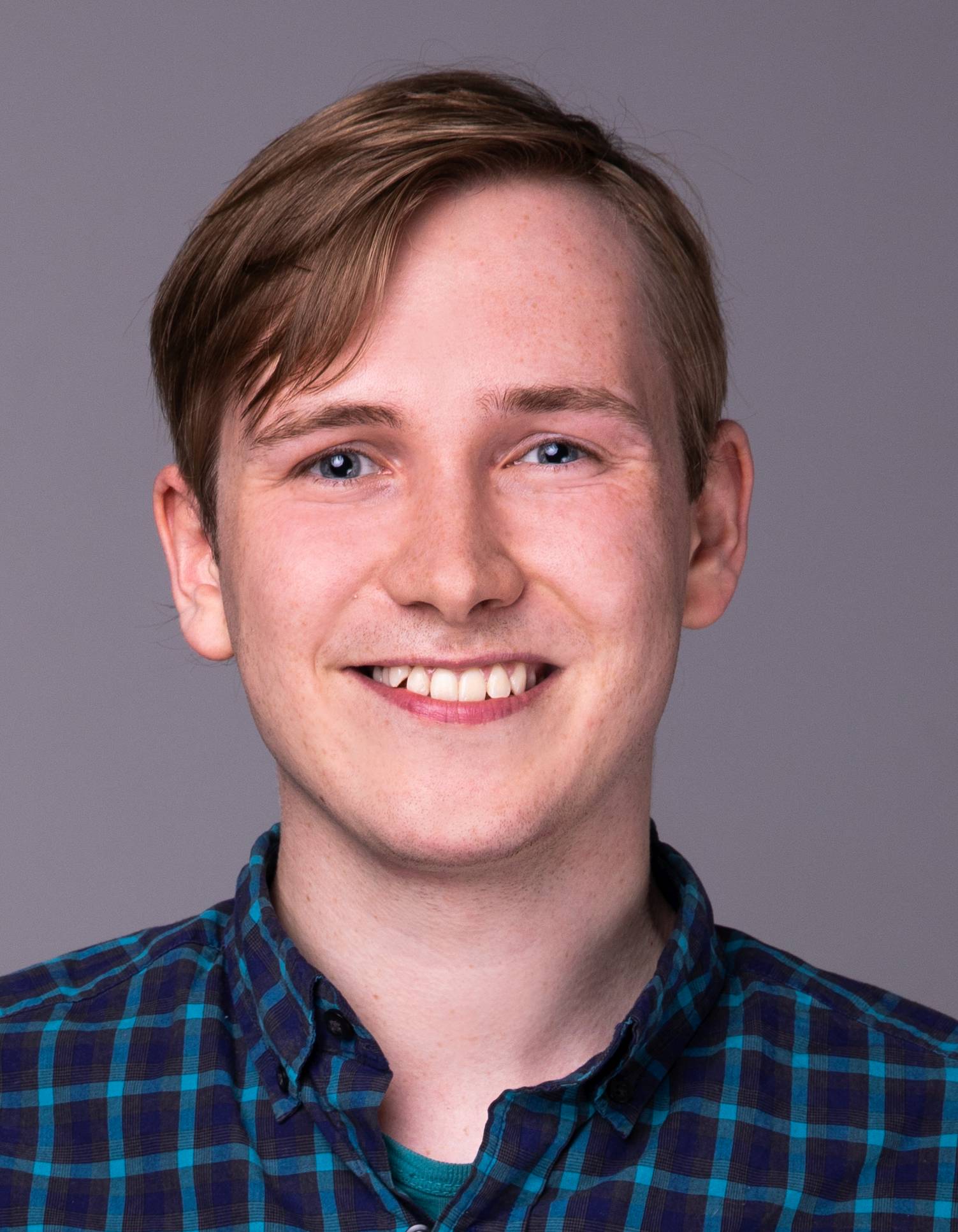
Introduction to Mocap Workshops
How to generate production-grade motion capture data in 60-minutes: Together with the Xsens Character Animation Team you'll be able to test the Technology in the form of a workshop.
We will support you on the following topics to ensure your group generates production-grade Mocap data: Getting started, Hardware, Software, generate your own Xsens Mocap data, Test Xsens Mocap data in your pipeline.
Please register here for one of the timeslots.
Mikhail Fiadotau (Tallinn University)
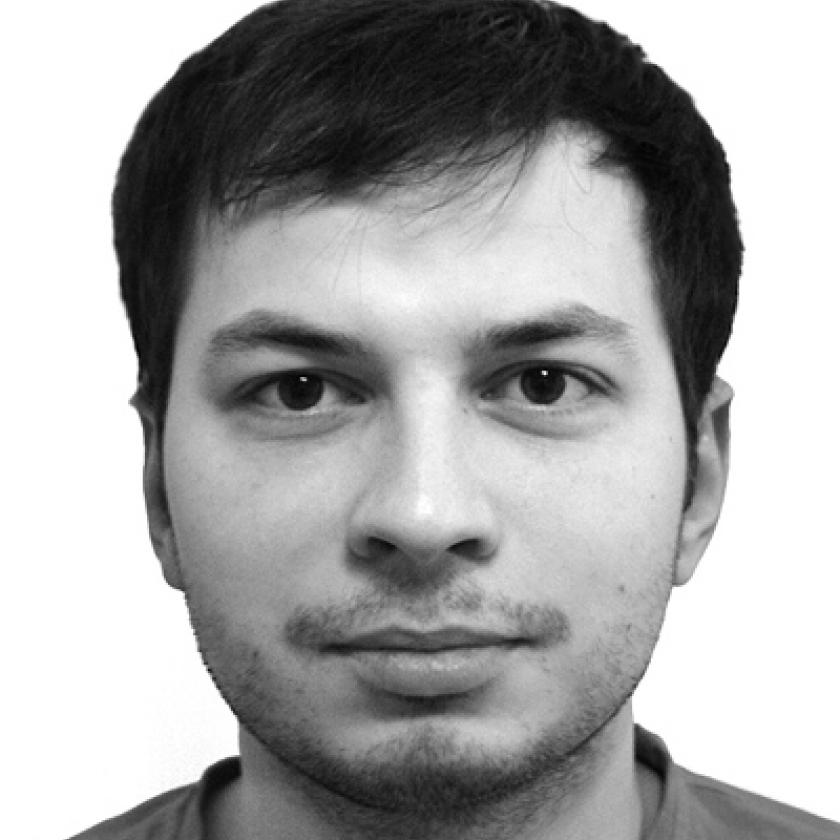
Mikhail Fiadotau is a Lecturer in the School of Digital Technologies at Tallinn University, Estonia, where his teaching primarily relates to game design and game-based learning.
He is also currently completing his doctoral thesis in Anthropology, in which he discusses the cross-cultural aspects of game design.
Idea Generation Techniques for Game Design: A Selective Overview
Coming up with innovative game ideas can be a challenging task, but it can be aided by using various idea generation techniques.
In this talk, the general principles underlying many such techniques will be outlined, several specific examples such as Playgen Addingplay and SCAMPER are introduced and their use in university game design courses are discussed.
Andreas Feist (Black Forest Games)

Andreas Feist arbeitet als Lead Technical Artist bei Black Forest Games.
Seinen Start in der Industrie hatte er mit Arcania - Gothic IV in 2008 bei Spellbound.
In der Zeit dort ist er in die Rolle eines Technical Artist gewechselt.
Er stieß 2012 zu Black Forest Games als Technical Artist hinzu und hat an allen dort entwickelten Projekten mitgewirkt.
Destroy all Humans
Destroy all Humans! - wie der Name schon andeutet, geht es darum als ein grauer Alien eine ganze Welt zu zerstören und nichts als Asche zurückzulassen.
In dieser Präsentation spricht Lead Technical Artist Andreas Feist darüber, wie das Studio die nunmehr fast 15 Jahre alte Marke wiederbelebt hat
und gibt Einblicke wie verschiedenste Features modernisiert wurden um das ganze Spiel zu modernisieren und trotzdem vor allem die Erinnerungen an das original Spiel zu erhallten.
Manuel Floruß (LAB132)
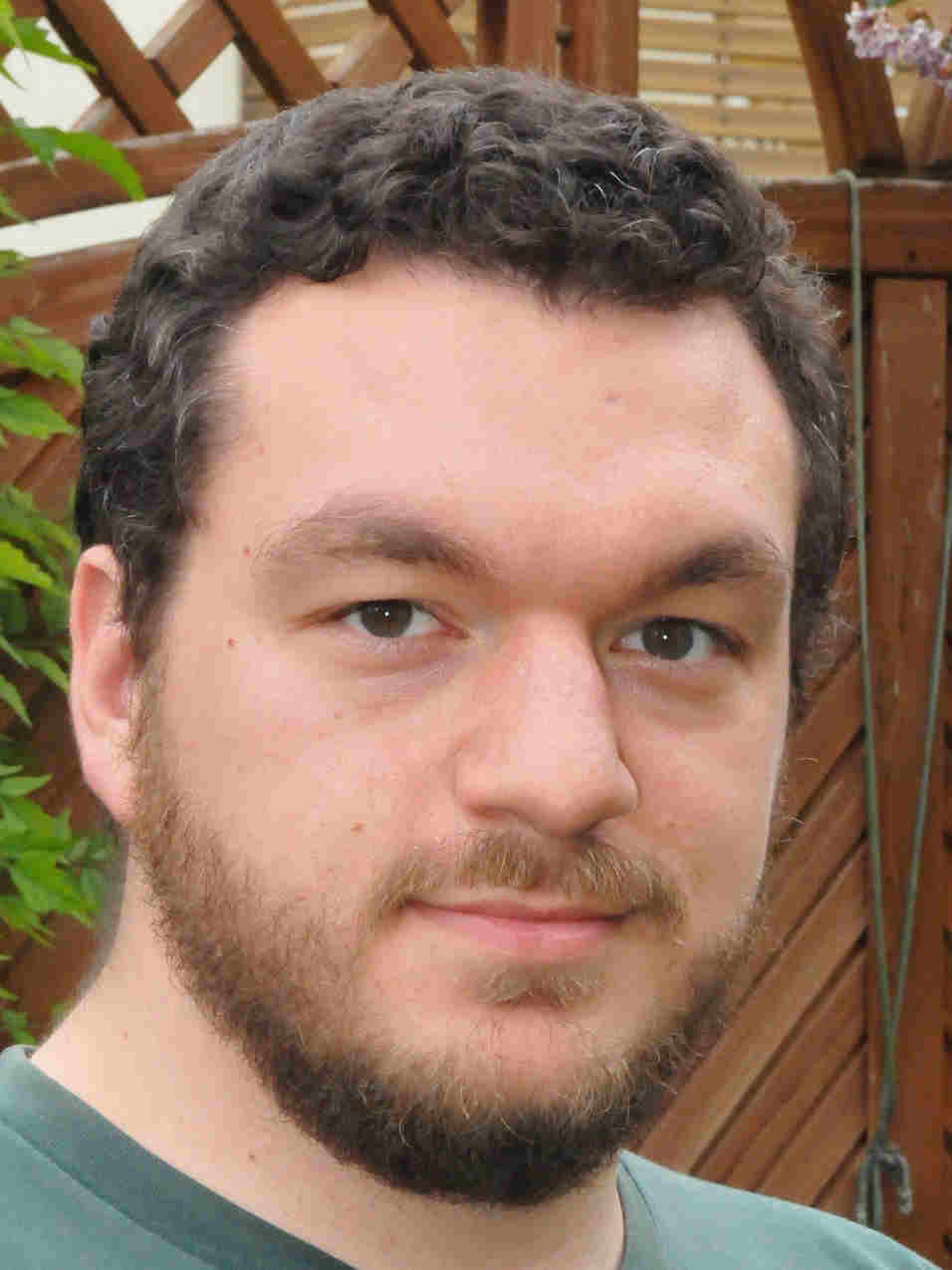
Manuel hat seinen Master an der HdM absolviert und ist Mitgründer von LAB132, das sich mit der Entwicklung und Portierung von Computer- und Konsolenspielen beschäftigt.
Let us Pitch your Game to a Publisher
LAB132 spricht über praktische Erfahrungen mit der Portierung und Veröffentlichung von PC-Spielen für die aktuellen Konsolen.
Jirka Dell'Oro-Friedl (FH Furtwangen)
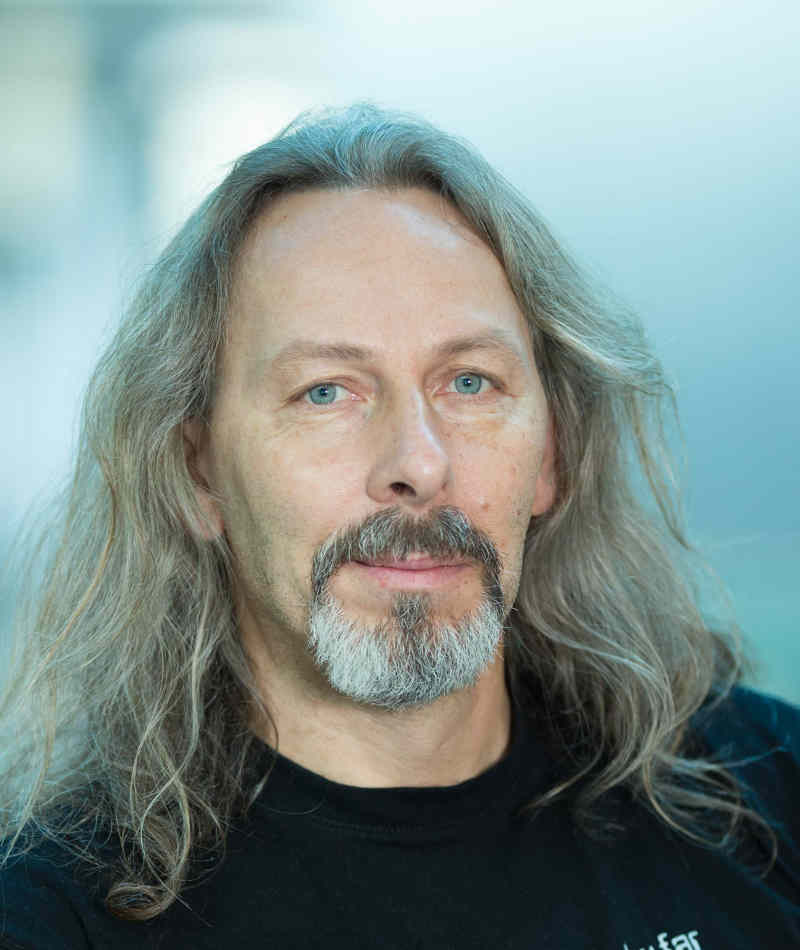
Jirka Dell'Oro-Friedl ist Professor für Gamedesign an der Fakultät "Digitale Medien" der Hochschule Furtwangen.
Er begann mit der Entwicklung von Computerspielen noch als Schüler zu Beginn der 1980er Jahre.
Mit seiner Firma EnterTrain konnte er viele Auszeichnungen im Bereich des Game Based Learnings und zweimal den Deutschen Computerspielpreis gewinnen.
Heute erforscht er die Grenzen von Spiel und daraus entspringende neue Spielerfahrungen.
Mobile Game Sound of Magic
Ein revolutionäres Spielprinzip definiert ein völlig neues Medium! "Sound of Magic" ist ein rein auditives Abenteuerspiel für mobile Endgeräte,
das erstmals den hohen Immersionsgrad des Hörspiels mit der vollen Interaktionsbreite eines Computergames erfolgreich kombiniert.
Die Augen geschlossen, bewegt sich der Spieler mit simplen Gesten frei durch eine beliebig komplexe Spielwelt, die sich allein in seinem Kopf entspinnt,
führt Dialoge mit vielen Charakteren, sammelt und nutzt Gegenstände und lernt schließlich auch noch Zaubern.
Eine intensive und immer individuelle Erfahrung, denn jeder Mensch erlebt dabei sein eigenes Spiel...
Margarita Köhl (FH Vorarlberg)

Margarita Köhl ist Hochschullehrerin am Studiengand InterMedia, FH Vorarlberg.
Die promovierte Kommunikationswissenschaftlerin, Kuratorin und Kulturmanagerin mit Asien-Schwerpunkt forschte und lehrte zuvor an der Universität Wien,
sowie an Universitäten in Taiwan, Thailand und Japan.
Ihre Forschungsarbeiten, die im Bereich der Science and Technology Studies angesiedelt sind, konzentrieren sich affektive und emotionale Aspekte der Technologieaneignung.
Sie verfügt über Erfahrung im Bereich der interkulturellen Spielforschung, des transmedialen Storytellings, sowie der Entwicklung von Alternate Reality Games.
Potenziale von VR für Serious Games
Wie können komplexe Inhalte auf spielerische Art und Weise erlebbar gemacht werden?
Basierend auf Ansätzen zu "situated cognition" und "social presence" lotet der Vortrag die Potenziale immersiver Lernumgebungen, zu einer Motivationssteigerung beizutragen, aus.
Dabei steht die Frage im Zentrum, wie etwa Serious Games gestaltet werden können, die unterschiedliche Dialoggruppen dazu motivieren, sich mit komplexen oder auch
emotional negativ behafteten Inhalten zu beschäftigen.
Anhand zweier konkreter Forschungsprojekte werden die Potenziale von Virtual und Mixed Reality für thematische Sensibilisierung und Wissensvermittlung aufgezeigt:
"Serious Games and Welfare Technologies": Im Rahmen des Erasmus+ geförderten Projekt erarbeiteten zwischen 2016 und 2018 gesamt 23 Studierende aus fünf verschiedenen
Hochschulen in internationalen und interdisziplinären Teams spielerische Lösungen für Rehabilitationstrainings.
Dabei konnten die Studierenden auf innovative Therapiegeräte und -applikationen der verschiedenen Wirtschafts- und Industriepartner aufbauen und konkrete Ideen
für die Implementierung von VR und AR prototypisch umsetzen.
"Interdisciplinary Human Centred Design to Improve Patient Quality of Life" (Kurzbezeichnung DESQOL): Ziel dieses aktuell laufenden Erasmus+ Projekts ist es, Teenager mit Zöliakie durch Technologie zur Einhaltung einer glutenfreien Diät zu motivieren. Hierzu erarbeiten gesamt ca. 20 Studierende aus vier Nationen im Rahmen eines Human Centered Design Prozesses verschiedene mobile und VR Applikationen mit spielerischen Elementen.
Andreas Künz (FH Vorarlberg)

Andreas Künz ist wissenschaftlicher Mitarbeiter im UCT Research, FH Vorarlberg.
Er studierte Intermedia an derselben Institution und schloss sein Studium 2003 mit dem Magister für mediale Kommunikationsgestaltung ab.
Sein Arbeits- und Forschungsfokus liegt im Bereich der virtuellen Realität, 3D Computergrafik und der Mensch-Maschine-Kommunikation.
Er kann auf jahrelange Erfahrung in der Lehre zurückblicken, sowohl in Bachelor- und Masterstudiengängen Informatik und Gestaltung an der FH Vorarlberg,
als auch im Rahmen von internationalen Studierendenprojekten.
Potenziale von VR für Serious Games
Wie können komplexe Inhalte auf spielerische Art und Weise erlebbar gemacht werden?
Basierend auf Ansätzen zu "situated cognition" und "social presence" lotet der Vortrag die Potenziale immersiver Lernumgebungen, zu einer Motivationssteigerung beizutragen, aus.
Dabei steht die Frage im Zentrum, wie etwa Serious Games gestaltet werden können, die unterschiedliche Dialoggruppen dazu motivieren, sich mit komplexen oder auch
emotional negativ behafteten Inhalten zu beschäftigen.
Anhand zweier konkreter Forschungsprojekte werden die Potenziale von Virtual und Mixed Reality für thematische Sensibilisierung und Wissensvermittlung aufgezeigt:
"Serious Games and Welfare Technologies": Im Rahmen des Erasmus+ geförderten Projekt erarbeiteten zwischen 2016 und 2018 gesamt 23 Studierende aus fünf verschiedenen
Hochschulen in internationalen und interdisziplinären Teams spielerische Lösungen für Rehabilitationstrainings.
Dabei konnten die Studierenden auf innovative Therapiegeräte und -applikationen der verschiedenen Wirtschafts- und Industriepartner aufbauen und konkrete Ideen
für die Implementierung von VR und AR prototypisch umsetzen.
"Interdisciplinary Human Centred Design to Improve Patient Quality of Life" (Kurzbezeichnung DESQOL): Ziel dieses aktuell laufenden Erasmus+ Projekts ist es, Teenager mit Zöliakie durch Technologie zur Einhaltung einer glutenfreien Diät zu motivieren. Hierzu erarbeiten gesamt ca. 20 Studierende aus vier Nationen im Rahmen eines Human Centered Design Prozesses verschiedene mobile und VR Applikationen mit spielerischen Elementen.
Annegret Montag (game Verband)
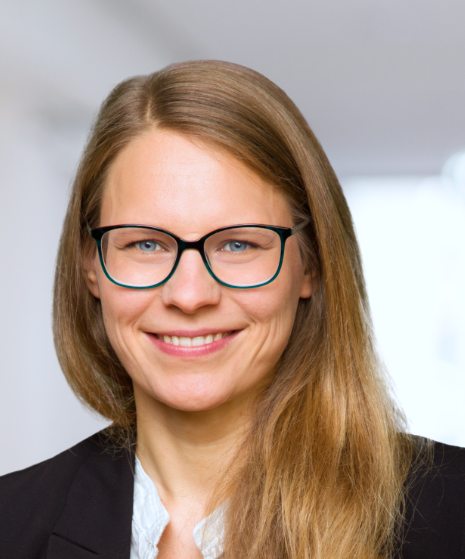
Annegret Montag hat Lehramt für Gymnasien an der Universität Kassel studiert (Fächer: Germanistik/Politik und Wirtschaft), derzeit arbeitet sie an einer Dissertation zum Thema
"Hybride Medialität: Bildungsprozesse mit Computerspielen für den Deutschunterricht".
Von 2016-2019 war sie als Lehrkraft für besondere Aufgaben bei Prof. Dr. Norbert Kruse im Bereich Literaturdidaktik und Mediendidaktik,
Seit Juni 2019 ist sie Referentin Services beim game- Verband.
Diversity in the Games Industry
For a long time, computer games were considered to be "boys' toys". The development teams being mainly male was the logical conclusion, right?
It has long been debunked that games are only for "boys". The balance between the sexes/genders of players is nearly equal. But how is this reflected within the games industry?
In my presentation, I would like to first discuss the concept of diversity and its influence on the games industry.
I would then like to look explicitly at how we can put together more diverse teams in the future and what advantages this could have for corporate culture and games.
Jochen Peketz (Ubisoft Düsseldorf)
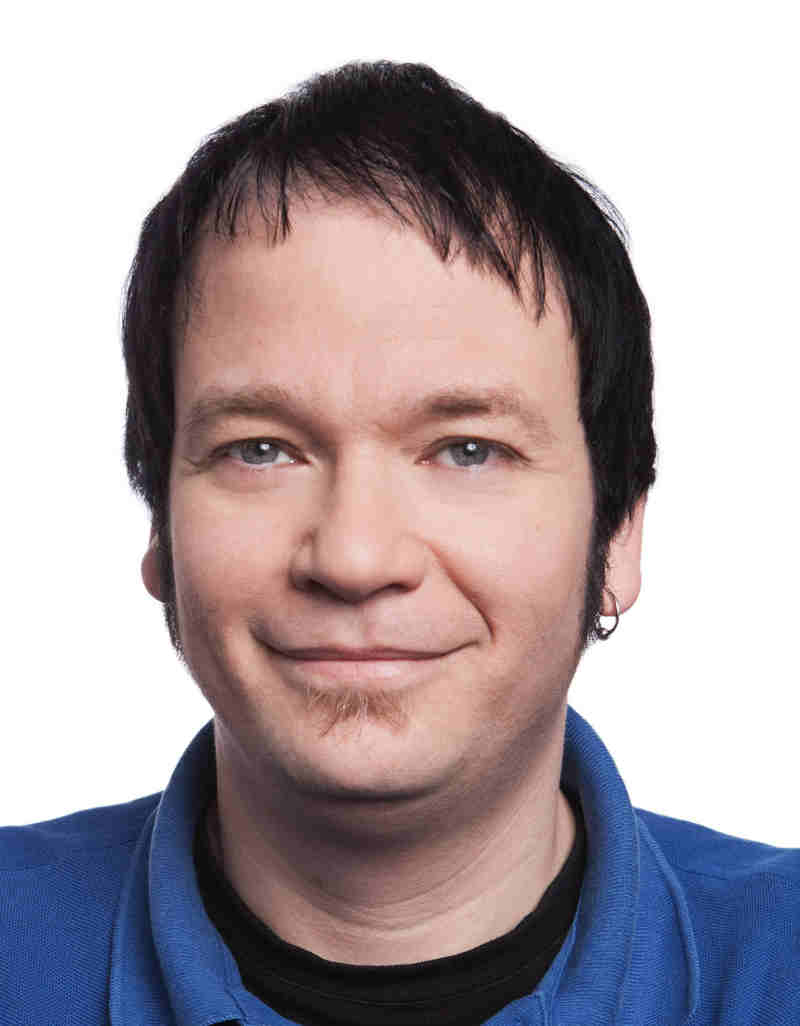
Jochen Peketz joined the games industry in 1999 to work on the iconic title Gothic as a (lead) level designer and on implementing the AI for the game.
Since then, he has worked for several studios like Piranha Bytes, (EA) Phenomic and Tentacle. Since 2008, he has been employed at Blue Byte, first as lead level designer,
then in 2011 as the User Research Manager after leading informal playtests for Settlers 7.
He has worked on many games such as: the Anno Series, Trials, Assassins Creed, The Crew, For Honor and Far Cry. During this time, he has completed several advanced trainings like UX Manager (IHK), PMP and more.
He likes to share knowledge and has done talks and workshops at conferences such as GDC Europe and Quo Vadis as well as teaching at Universities like Cologne Gamelab,
HS Worms and Hanze University of Applied Sciences Groningen. He is still working as User Research Manager at Ubisoft Düsseldorf.
Playtesting on a Budget
In times of more and more diverse markets games need effective means to stand out from competitors.
A good UX (User Experience) is on of this means. User Testing has a great impact on product quality in terms of UX.
Jochen Peketz will give a short impulse talk to present ideas how UX evaluation is possible without costs to push for better UX.
Luca Planert (Nintendo of Europe)
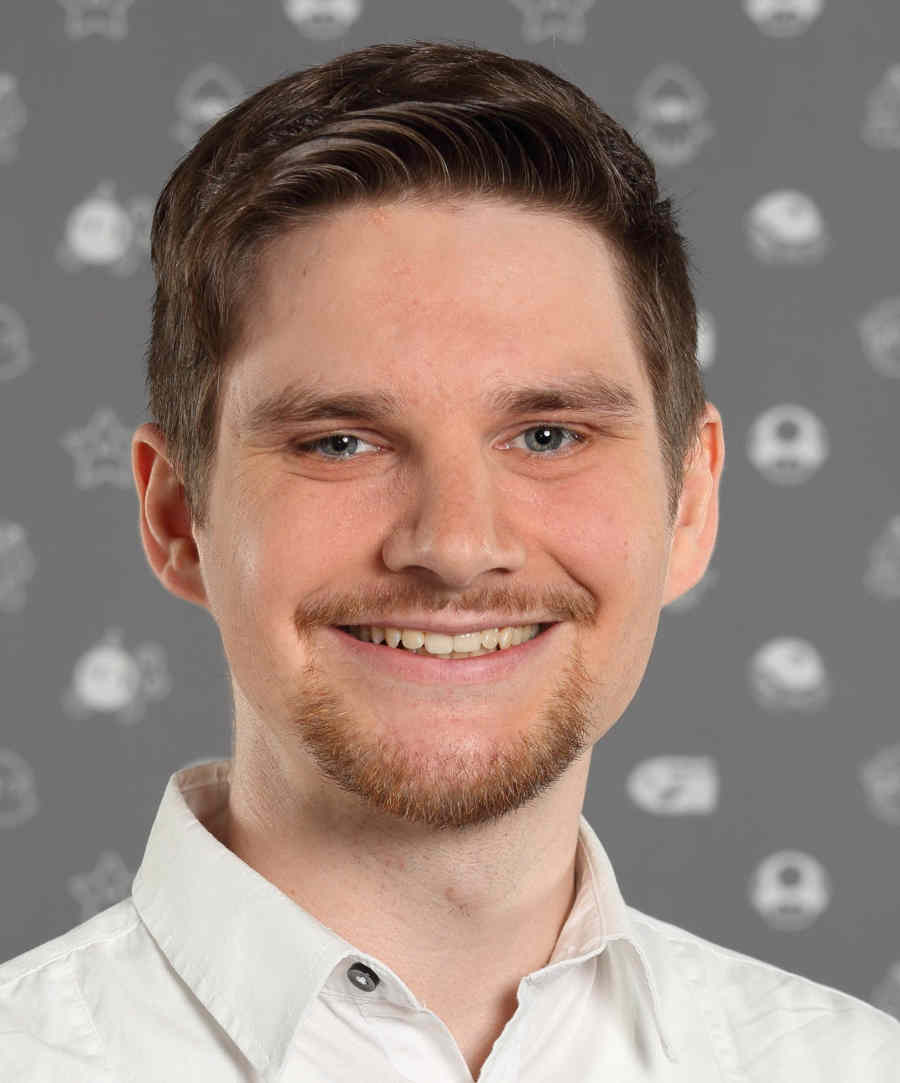
Luca Planert is a work and organizational psychology graduate from the University of Mannheim.
Hes currently working for Nintendo of Europe as Recruiter in Frankfurt am Main, Germany.
Working in the Game Industry: More Than Just Development - Career Perspectives at Nintendo
The game industry offers a lot of different career opportunities for students and professionals of all backgrounds.
Of course, the traditional way of getting into the industry is to become a programmer or developer, but there are also a number of different career paths for students of all disciplines and backgrounds.
This talk by Luca Planert, Recruiter at Nintendo of Europe, focuses on what kind of jobs - other than development - Germanys largest game industry employer has to offer.
Marvin Pohl (LAB132)
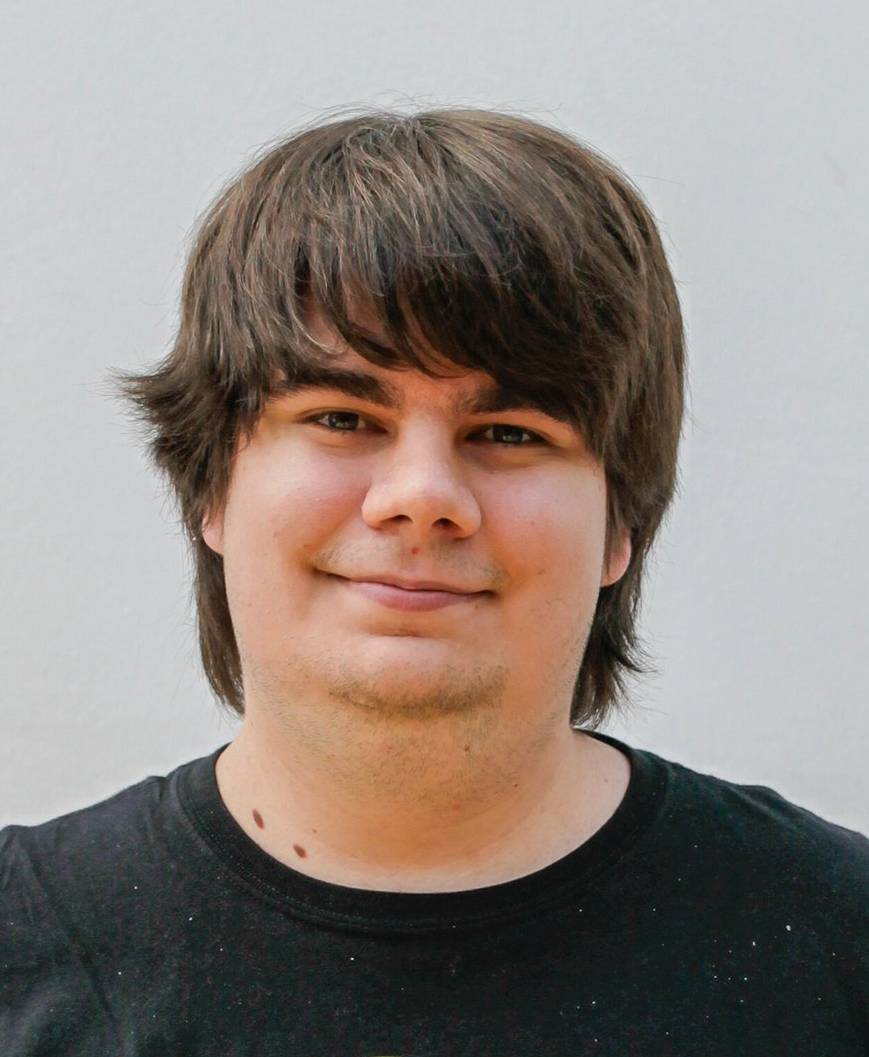
Marvin hat seinen Master an der HdM absolviert und ist Mitgründer von LAB132, das sich mit der Entwicklung und Portierung von Computer- und Konsolenspielen beschäftigt.
Let us Pitch your Game to a Publisher
LAB132 spricht über praktische Erfahrungen mit der Portierung und Veröffentlichung von PC-Spielen für die aktuellen Konsolen.
Anselm Pyta (Studio Seufz)
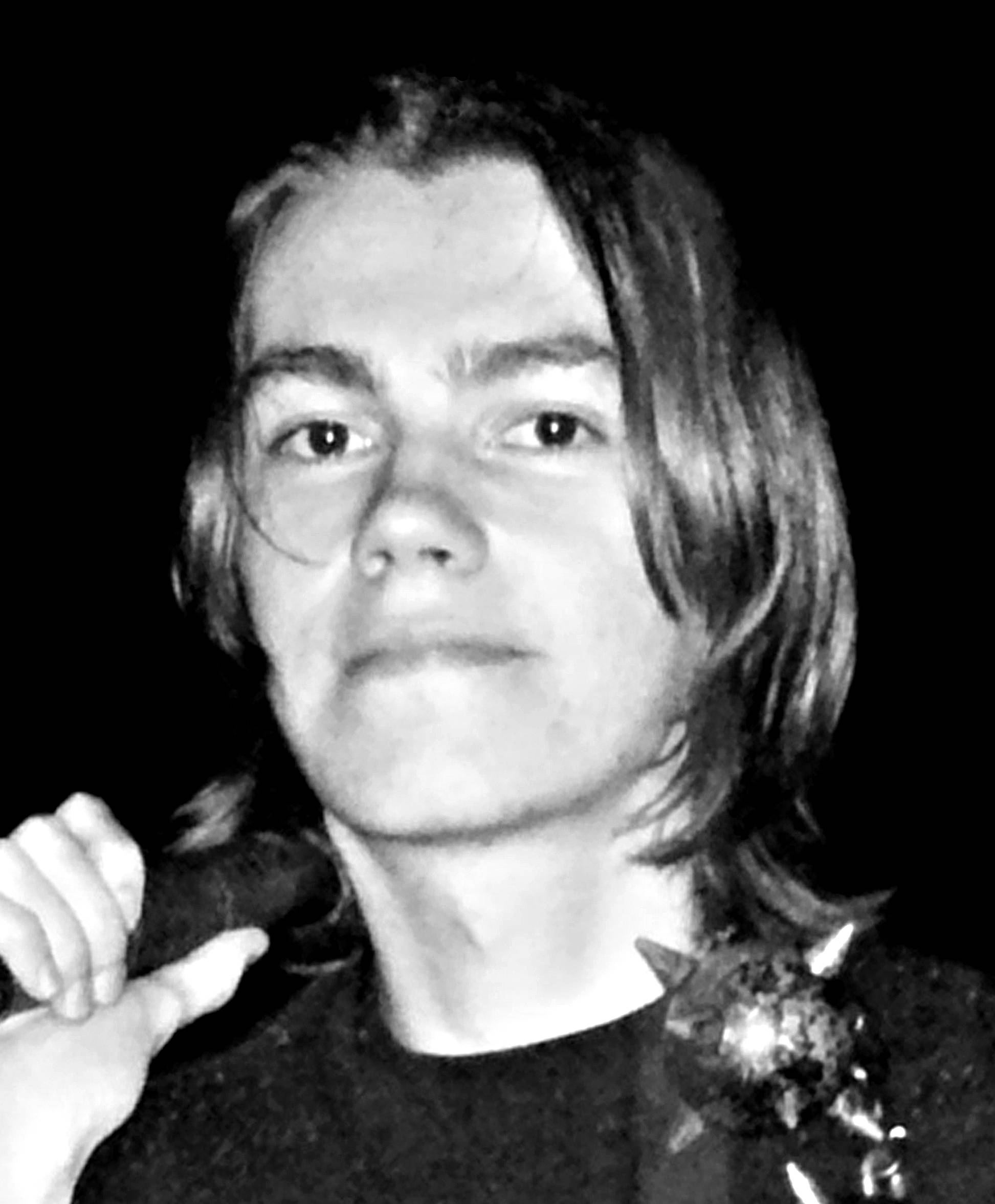
Anselm Pyta is the co-founder of the fresh German animation- and gamesstudio STUDIO SEUFZ in Stuttgart.
He specializes on cartoon-ish 2D animations and games with emphasis on dark humor and athmosphere.
Since school he has made several viral web games like "Lucky Tower" or "Murder" with now over 100 million players.
Currently he is working in his first premium game THE LONGING, which already won the "Long Game Award" at A.MAZE 2019.
THE LONGING - Zeit als Spielmechanik?
In the upcoming game THE LONGING by Stuttgart developers Studio Seufz, players are faced with the task of waiting for 400 days - in real time!
The director and sole Game Designer Anselm Pyta will elaborate on the concept of incorporating time as a mechanic in a narrative game.
After all, games are the only medium that can excessively make use of time to tell stories -something that hasn't been explored enough yet.
Kathrin Radtke (Studio Fizbin)

Kathrin Radtke is a game programmer at Studio Fizbin in Ludwigsburg where she is working on narrative based games for children and adults.
Since october 2018 she is organizing the Kokolores Collective, a co-working place for creative people.
Quit trying to be a superhero - Why empathy and diverse teams matter
Programmers don't like people - or do they? Very few games are made by just one person.
So in your career you will need to communicate and work with others a lot. Empathy and teamwork are crucial skills in game development.
We will take a closer look on why they are important for every role and how empathy and compassion will increase your code quality.
We will also cover the topic of diversity in this context. Studies show that diverse teams perform better. But what do we need to consider to make these teams work?
Lorenz Schmider (Merz Akademie)

Lorenz Schmider hat sein Studium im Fachbereich New Media als Bachelor of Arts abgeschlossen und hat seit 2019 einen Lehrauftrag im Bereich "Virtual Reality / Unity 3D".
Wie viel Information braucht ein Spieler wirklich?
Die Abschlussarbeit "Escape from Alcatraz" behandelt die Ausbruchszene des Films "Escape from Alcatraz" (R: Don, Siegel, 1979) als Virtual Reality Erfahrung.
Anhand dieses Beispiels wird der Frage nachgegangen, inwiefern es dem User überlassen sein sollte, seine Spieleumgebung eigenständiger zu erforschen.
Dabei wird der aktuelle Stand der Spieleindustrie mit einbezogen und aufgebrochen.
Serbay Sönmez (Deck13 Spotlight)
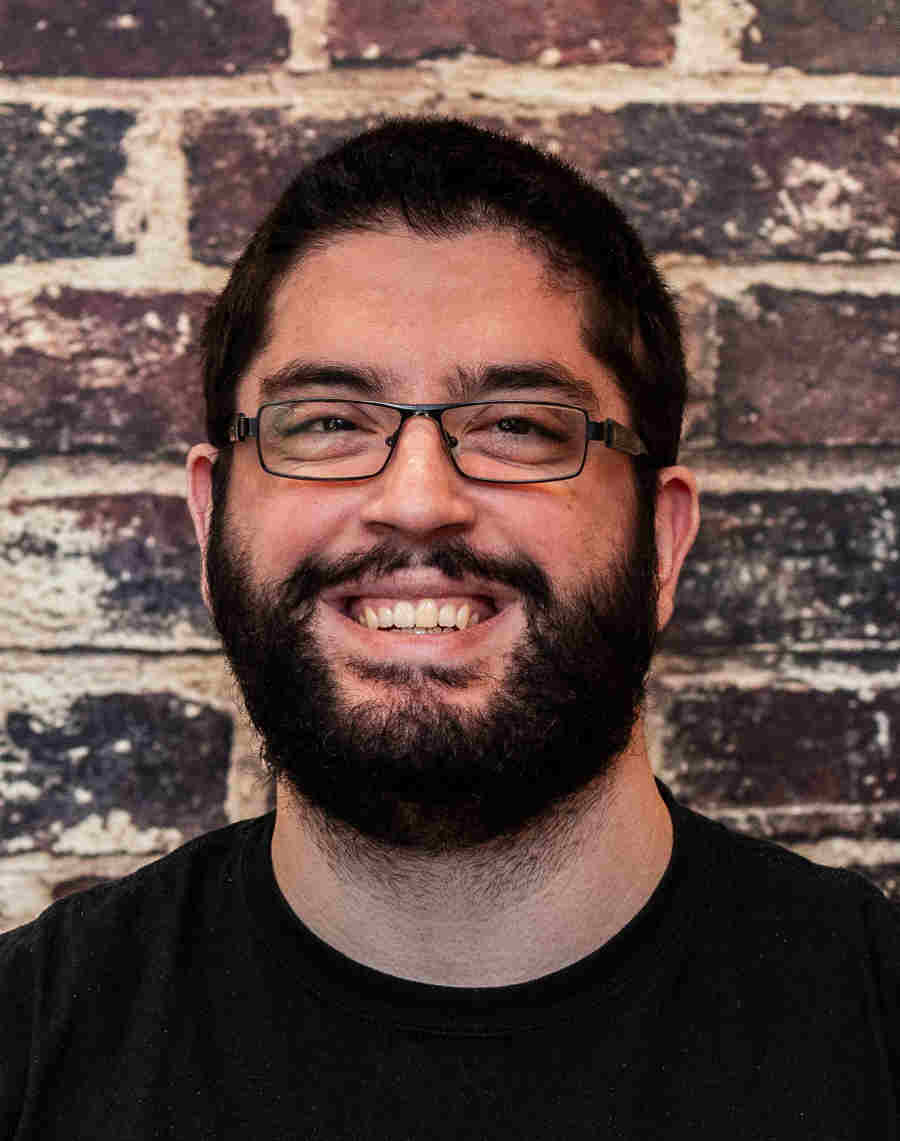
Serbay Sönmez studied Media Economics at HdM and started working in the Gaming Industry as a publishing partner for Indie Developers.
Let us Pitch your Game to a Publisher
You have an intersting game on your hands and just need a publisher to set sail?
Getting them on board can be trickier then you think.
Just throwing around some possible sale numbers and ingame screenshots is not enough.
Let us see how you would pitch your game and if a publisher would take it or leave it.
Andreas Stiegler (Strichpunkt Design)
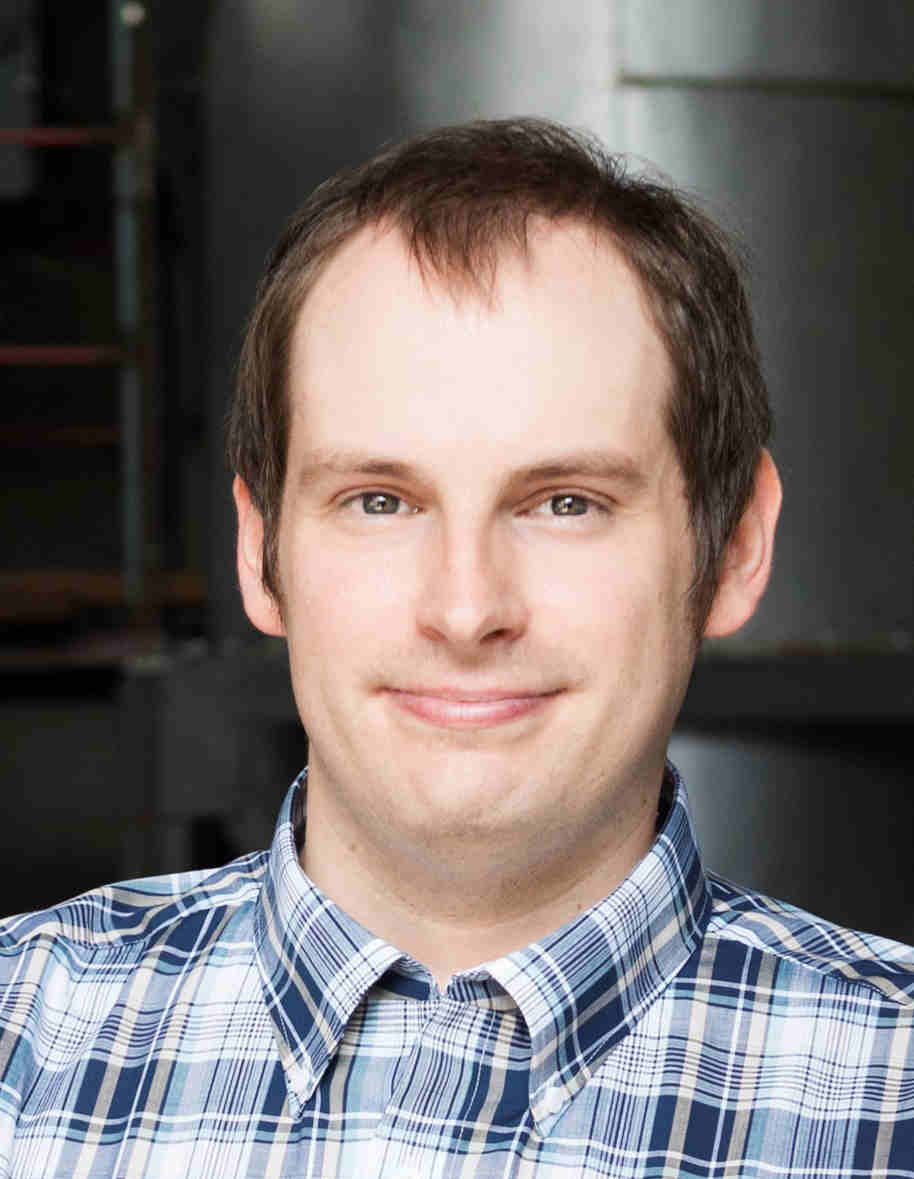
Dr. Andreas Stiegler is a creative Technologist at Strichpunkt Design. With a PhD in Game AI and many years of Game Development and research experience, he is working on fusing knowledge from both fields with the many challenges and use cases of Design and creative workflows in general.
The Complexity Trap
One of the key challenges when developing Artificial Intelligence for a Game is to understand Game Design and Game Mechanics and then derive which AI approaches would fit best. In this little talk, though, we'll go the other way round: we'll take a brief look at how modern Game AI ticks and then derive some insights for how to design your actual gameplay! This way, we'll find out how to design complexity in a meaningful and interesting way... or at least so an AI won't just prune it away.
Maximilian Stürzl (Promotion Software GmbH)
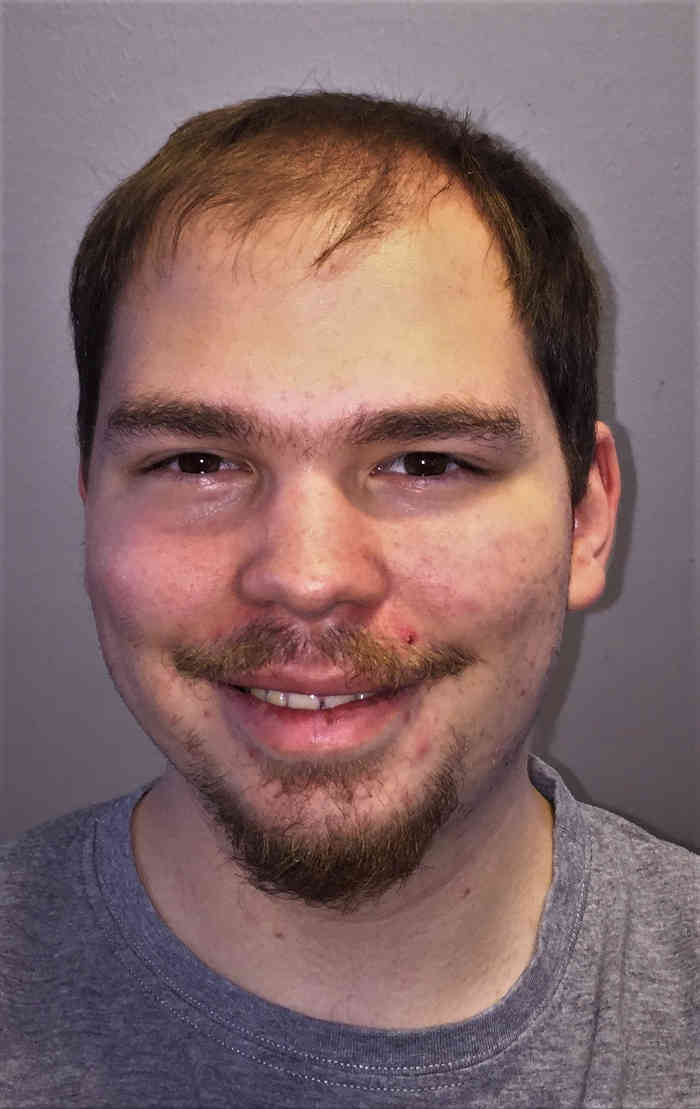
Maximilian hat Von 2013 bis 2018 hat seinen B.Sc. in "Virtuelle Realitäten: Game Development" und den M.Sc. in "Applied Computer Science" an der SRH Hochschule Heidelberg gemacht.
2017 gründete er mit einem ehemaligen Kommilitonen das Indie Studio GearEight Games in Schwetzingen.
Seit 2019 arbeit er bei Promotion Software in Tübingen als Gameplay Programmierer für Projekte mit der Unreal und der Unity Engine.
Integration eines Unity-basierten Spiels nach STEAM
Im Projekt EMERGENCY HQ wurde eine umfassend überarbeitete Entwickler-Konsole als Testing Tool eingesetzt.
Der Vortrag zeigt, wie kann die Organisation im Projekt, vor allem die Zusammenarbeit zwischen den Entwicklern und der Qualitätssicherungsabteilung im Team den Workflow beim Testen optimieren kann.
Maximilian Tränkner (HdM)
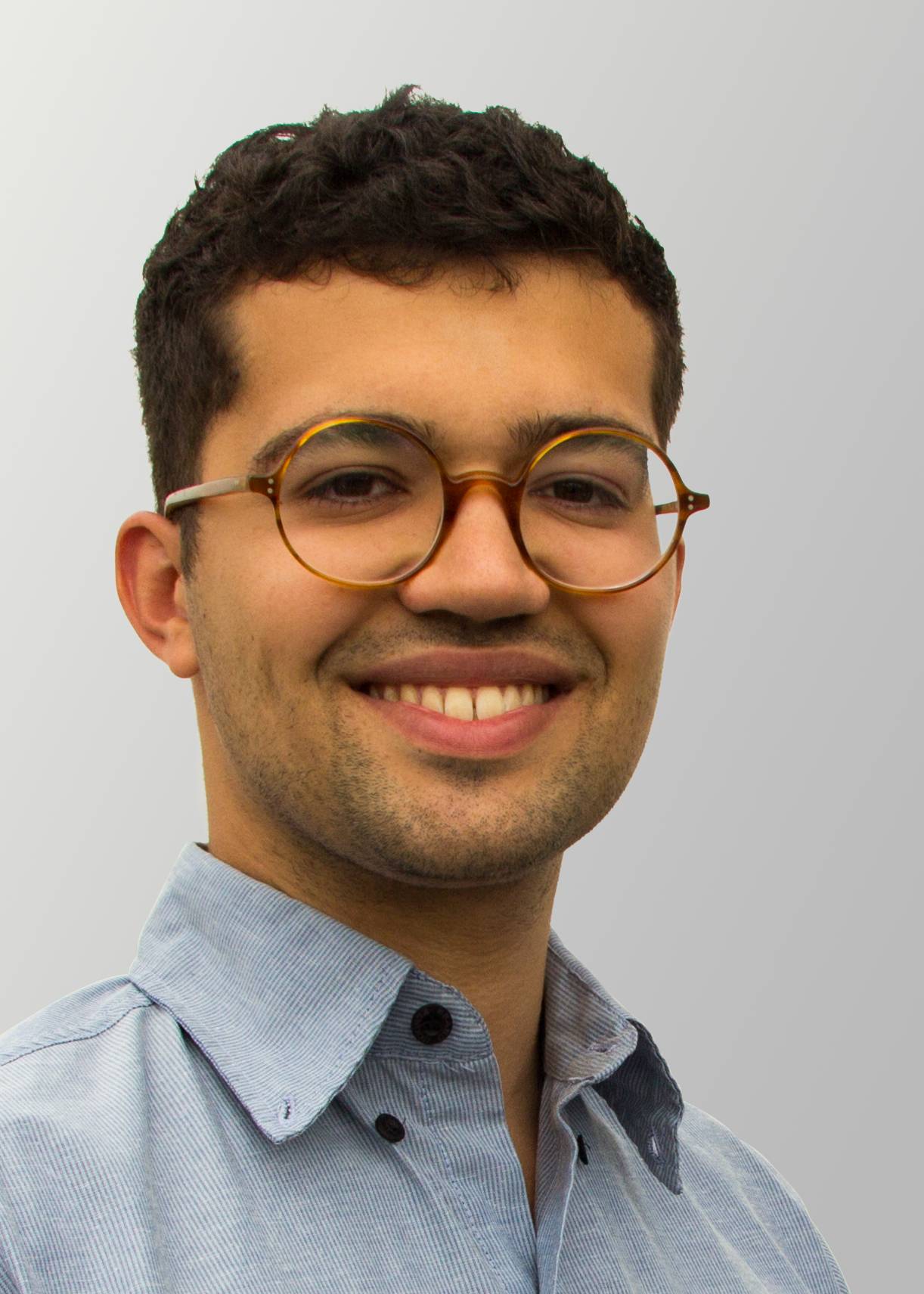
co-Autoren: Moritz Storz, Anastasia Keller und Benjamin Schmiedel
Maximilian Tränkner, Moritz Storz, Anastasia Keller und Benjamin Schmiedel sind Master-Studenten des Studiengangs Computer Science and Media an der Hochschule der Medien.
Mit ihrem Schwerpunkt auf UI/UX Design sind sie neu im Bereich Gaming und haben mit "Immunity" ihr erstes Spiel entwickelt.
Immunity: Bekämpfe das Zombievirus
Zu den Waffen, die Zombies kommen!
In einer Mischung aus Tower-Defence und Serious Game wird die Waagschale zwischen Spaß und Lerneffekt perfekt getroffen.
Das Browser-Game Immunity soll den Spielern die Grundfunktionalität des Immunsystems erklären, indem der Spieler Angriffe auf die gesunden Zellen des menschlichen Körpers abwehren muss.
Attackiert werden diese von einer Vielzahl an unterschiedlichen Zombieviren, die es auf verschiedene Art und Weise zu bekämpfen gilt.
Charles Weiss (Clemson University)

Dr. Charles T. Weiss is currently an Associate Professor of Graphic Communications at Clemson University in the USA.
He has taught at the university level for almost 20 years and his areas of focus include graphic communications and design, digital imaging, photography, curriculum and instruction,
typography, branding, and screen printing.
Digitally Enhancing Your Printed Works
This session will explore the possibility of adding an augmented reality (AR) component to your printed works.
AR has the potential to digitally enhance any of your current or newly designed printed pieces for both education and/or business purposes.























